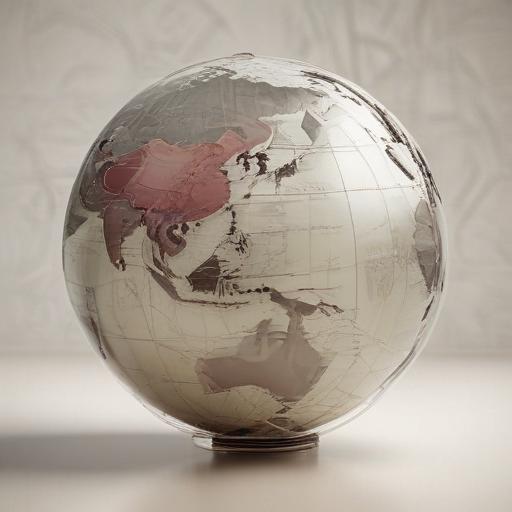Chinese President Xi Jinping and Russian President Vladimir Putin participated in a wreath-laying ceremony at the Unknown Soldier’s Tomb in Moscow on May 9, 2025, commemorating the 80th anniversary of the victory over Nazi Germany. This event underscores the deepening alliance between China and Russia, particularly in the context of global geopolitical tensions.
Recent discussions among NATO officials, including Secretary-General Mark Rutte, suggest that a significant military conflict involving China, particularly over Taiwan, could compel NATO to face a two-front war against both China and Russia. Rutte noted that if Xi attempts to take military action in Taiwan, he would likely coordinate with Putin to distract NATO with a threat in Europe.
According to experts, this scenario is increasingly plausible, especially as Beijing and Moscow align their goals against Western dominance. China’s Foreign Minister Wang Yi has emphasized the importance of a Russian victory in Ukraine to prevent the United States from refocusing its energy on China. This highlights China’s strategic aim to weaken Western military resources while pursuing its territorial interests.
China’s support of Russia’s military endeavors, including alleged arms provisions, demonstrates its vested interest in the outcome of the conflict in Ukraine. Analysts believe that lessons learned from Russia’s actions are being closely monitored by Beijing as it considers its position regarding Taiwan.
Furthermore, concerns have emerged over a possible coordinated effort by China and Russia to exploit tensions in both regions simultaneously. Experts warn that North Korea’s increasing support for Russia could also complicate security dynamics, potentially further stretching U.S. and NATO resources.
The cooperative arrangements between these nations signal a period of escalating challenges for NATO, reminiscent of historical power struggles. While the alliance grapples with internal divisions and external threats, the urgency for a cohesive strategic response is becoming essential.
The ongoing developments underscore not only the need for vigilance and unity within NATO but also a reminder of the intricate and often unpredictable nature of geopolitical alliances in a rapidly changing global landscape.
